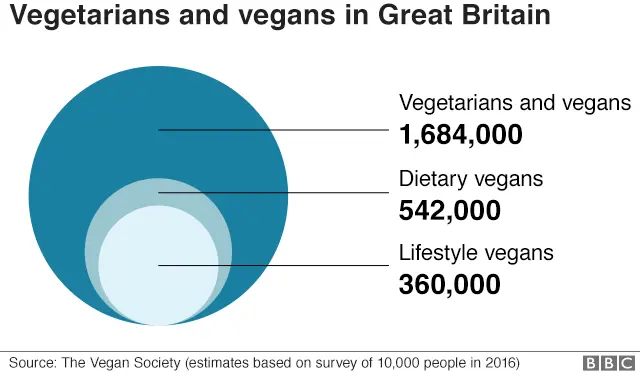US vegan food-maker Beyond Meat eyes $1bn valuation
 BEYOND MEAT
BEYOND MEATUS plant-based meat-maker Beyond Meat is raising money by issuing shares which will value the firm at over $1bn in its stock market debut.
The firm, which made its UK launch in November, expects to offer 8.75 million shares priced between $19 and $21 each.
At the upper price range, the flotation would value the company at $1.2bn.
Beyond Meat says it wants to tap into the growing popularity of veganism and hopes to boost research and development and expand manufacturing facilities.
The company, which is backed by investors including US meat producer Tyson and Microsoft founder Bill gates, expects to receive gross proceeds of about $175m from the offering.
Its valuation makes it a so-called "unicorn firm".
The term, coined by venture capital investor Aileen Lee, refers to privately owned tech start-ups valued at $1bn (£686m) or higher.
Originally named after the mythical creatures, because they were so rare, the number of such firms has rapidly increased and includes taxi-hailing app Uber, ride-sharing start-up Lyft and online scrapbook company Pinterest.
Beyond Meat's Beyond Burger was originally due to be introduced into 350 Tesco stores last August, but was delayed by three months because of supply issues.
It has entered a crowded UK market with more suppliers moving into supermarkets, some of whom are producing their own-label vegan foods.
On its website, Beyond Meat says: "Why do you need an animal to create meat? Why can't you build meat directly from plants? It turns out that you can. So we did."

Veganism is becoming more popular in Great Britain. Research conducted by the Vegan Society in 2016 estimated there were around 540,000 vegans across the country, compared with around 150,000 in 2006.
Supermarket chains in the UK are stocking more vegan options, with Waitrose starting a dedicated vegan section in more than 130 shops last year and Iceland reporting sales of its plant-based foods rising by 10% in a year.
